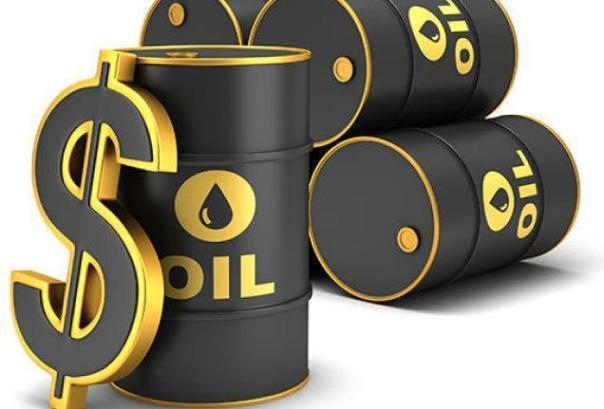
Oil prices slid for a second consecutive session on Thursday as the U.S. industry data showed a steep and surprising build-up in crude stockpiles.
The decline is dampening hopes of a smooth demand recovery as the world begins to ease its way out of coronavirus lockdowns.
It extended losses from Wednesday on uncertainty about Russia’s commitment to deep oil production cuts in the lead-up to a June 9 meeting of the Organisation of the Petroleum Exporting Countries and its allies, dubbed OPEC+.
The U.S. West Texas Intermediate (WTI) crude futures were down 4.4 per cent, or $1.44 at $31.37 a barrel at 0402 GMT after slipping as much as five per cent to a low of $31.14 earlier in the session.
Brent crude futures dropped 3.2 per cent or $1.10 to $33.64 per barrel.
“A surprise to consensus API (American Petroleum Institute) inventory build (data) and fear of Russia turning up production weighs on oil prices,’’ said Stephen Innes, Chief Global Markets Strategist at AxiCorp.
“As is often the case during a run-up up to an OPEC+ meeting, the focus is squarely on Russia’s commitment and understandably so as historically they have been the laggard within the OPEC+.’’
Data from the U.S. industry group API showed crude stocks rose by 8.7 million barrels in the week to May 22, compared with analysts’ expectations for a draw of 1.9 million barrels.
Gasoline stocks rose by 1.1 million barrels, more than 10 times the build analysts had expected, and stocks of diesel and heating oil rose by 6.9 million barrels, nearly four times as much as anticipated.
“It just indicates that demand recovery is progressing but it’s not strong enough yet to be really self-sustaining,’’ National Australia Bank’s Head of Commodity Research, Lachlan Shaw, said.
The market will be looking to see if data from the U.S. Energy Information Administration later on Thursday matches API.
With WTI holding above $30, OPEC+ will be closely watching to see whether the U.S. oil shale oil producers, who have breakeven prices in the high $20 and low $30 dollar range, step up production. (Reuters/NAN)




机器人是 电报中文版 的特色功能,可以自动化执行各种任务,如提醒、游戏等。